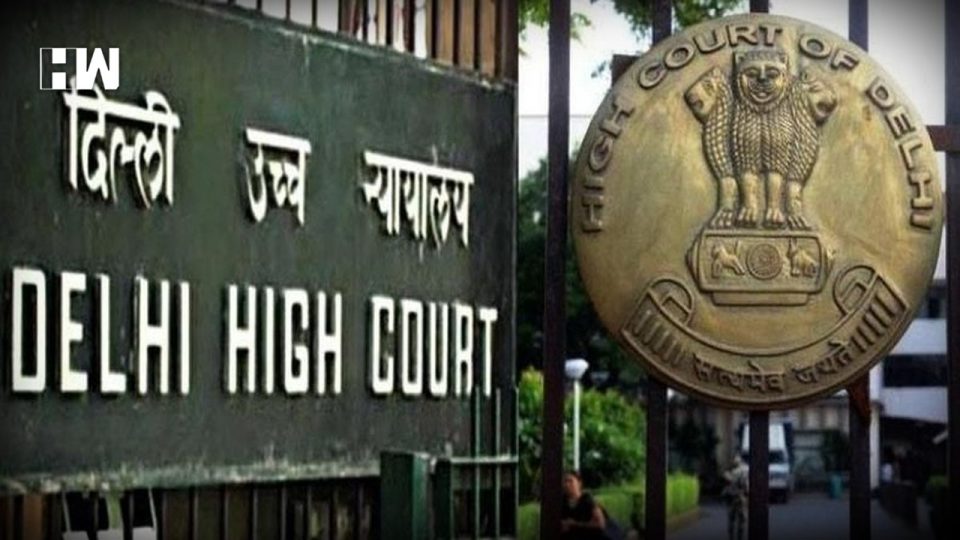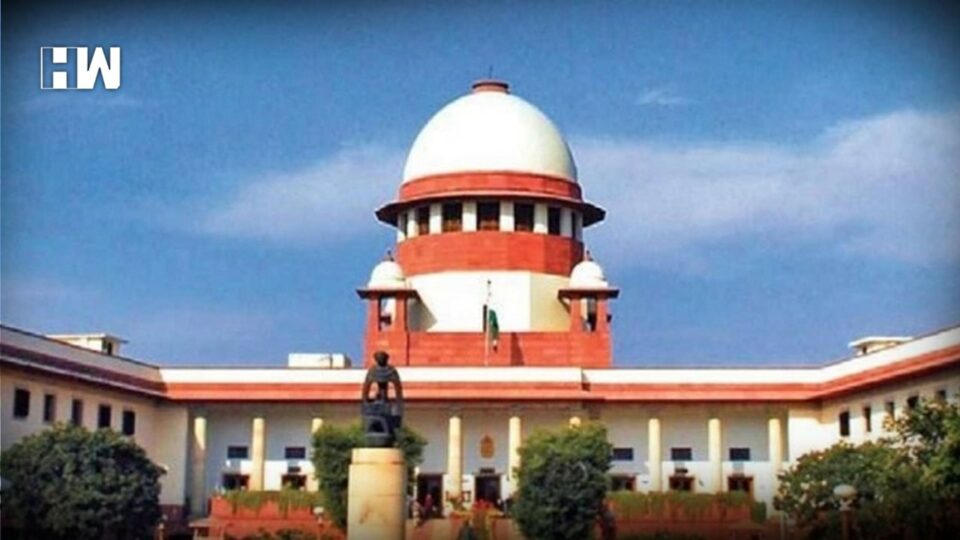New Delhi | The Delhi High Court has put on hold the operation of a Central Information Commission order directing the HRD Ministry to re-formulate the Bal Shree scheme for selecting meritorious children from among students who are members of Bal Bhavans in the country.
Justice A K Bhambani stayed the CIC November 19, 2018, direction to the Human Resource Development (HRD) Ministry till the next date of hearing on May 27.
The court also issued notices to the RTI applicant on whose plea the commission had passed the order and the National Bal Bhavan, which is an autonomous body under the HRD Ministry.
The order came on the ministry’s plea, filed through advocate Rahul Sharma, challenging the commission’s decision on the ground that the direction was issued without hearing the government.
The ministry, also represented by advocate C K Bhatt, contended that the commission could not have issued any direction to re-formulate the scheme when the government was not even a party before the Central Information Commission (CIC).
The commission had directed the ministry to revise the scheme and place it on its website within 60 days of receipt of the order.
The CIC was of the view that there was a “lack of clarity, transparency and decision making at the district, state and national level which requires a complete revamp and reformulation of the policy”.
The commission’s directions had come while hearing a parent’s plea seeking information regarding the Bal Shree awards scheme and the process of conducting district-level selections for the scheme by the Hyderabad district.
According to the HRD ministry’s plea, Jawaharlal Nehru in 1956 “founded the Bal Bhavan and the activities started in a tin shed at Turkman Gate, Delhi giving a start to a nationwide mission for creative enhancement of children through playing and doing different activities in a child friendly environment”.
As an independent media platform, we do not take advertisements from governments and corporate houses. It is you, our readers, who have supported us on our journey to do honest and unbiased journalism. Please contribute, so that we can continue to do the same in future.


